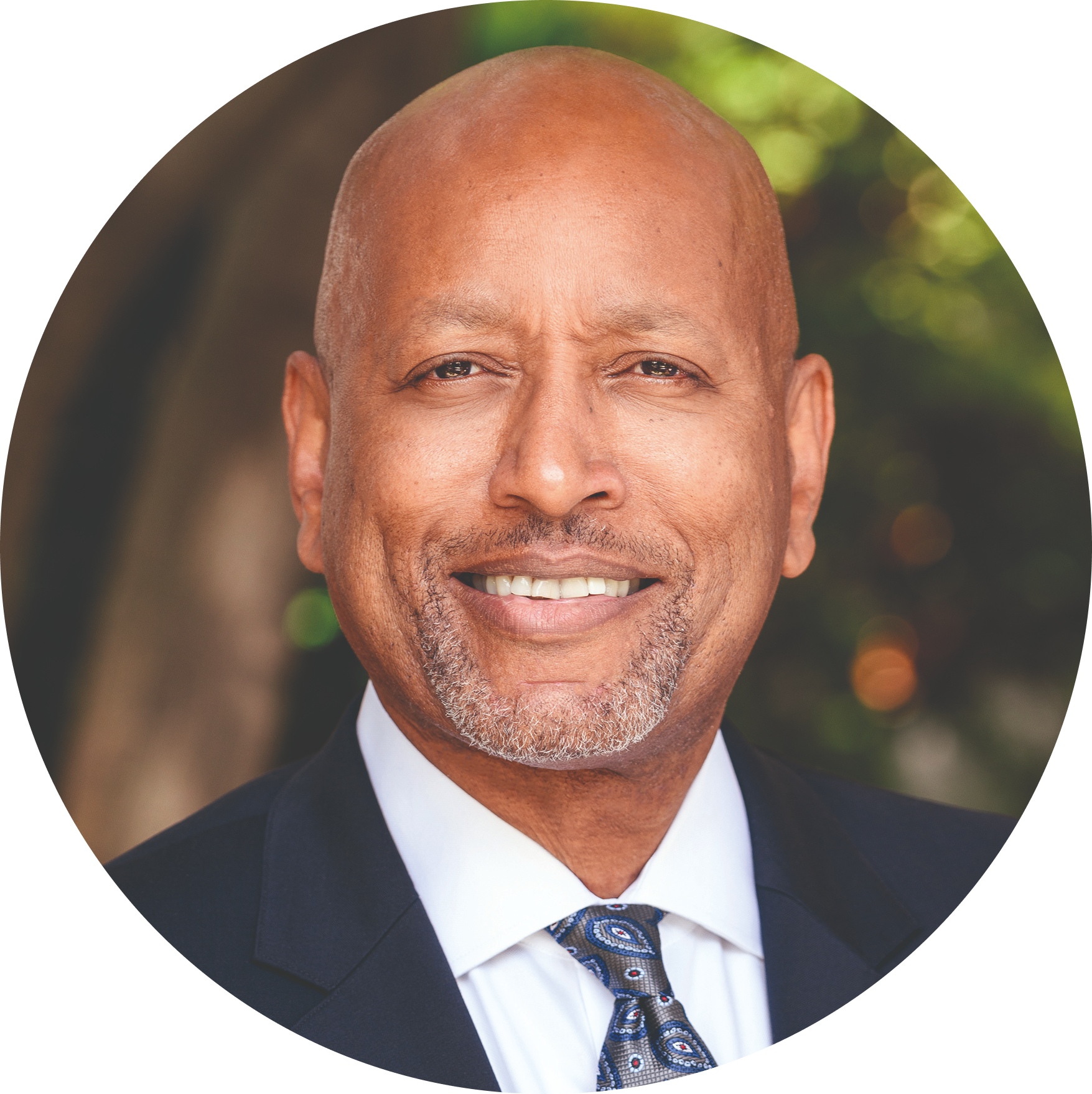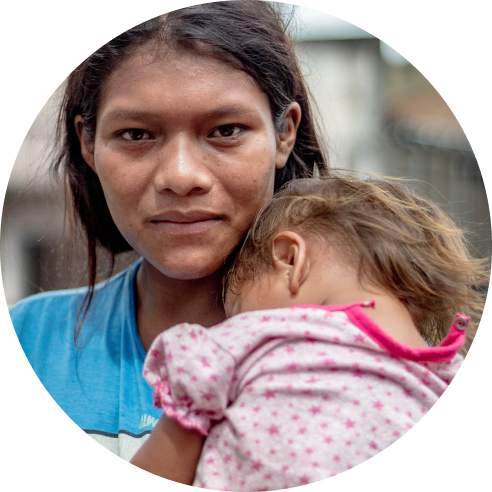We are proud of the 41 projects in 29 countries and the West Bank and Gaza that we delivered in FY23, but our impact extended well beyond these specific projects. Notably, in one of the most comprehensive efforts to connect climate change action with development, MIGA in collaboration with our World Bank Group colleagues developed the principles and methodologies that will guide our teams in assessing the alignment of our projects with the Paris Agreement’s objectives of low greenhouse gas emissions and climate-resilient development pathways. MIGA will begin applying these approaches to align at least 85 percent of our new projects with the objectives of the Paris Agreement, beginning July 1, 2023, and 100 percent of our new projects, beginning July 1, 2025.
Our work in aligning our projects with the objectives of the Paris Agreement is based on leading-edge technical foundations. We have collaborated with other multilateral development banks (MDBs) to agree a Joint MDB Paris alignment approach, as well as developed our own World Bank Group sectoral approaches, providing the specifics on how we will tackle the underlying assessments across all the industries in which we work. To support our clients, partners and communities to continue to evolve their own sustainability frameworks, we have published these materials—thereby providing a unique global public good.
MIGA also reached out to its clients in FY23, especially financial institutions whose lending policies can have an outsized impact on scaling up green approaches, to discuss how they could lead by aligning with the goals of the Paris Agreement. As part of this effort, we gathered real-time feedback to see how, collectively, we can move towards convergence of industry practices. To further appreciate this engagement, I invite you to watch a conversation with our partners that took place at the Summit for a New Global Financial Pact in France in June 2023.
We are cognizant that our knowledge work alone cannot close the cavernous financing gap needed to meet the 2030 Sustainable Development Goals. We must combine knowledge with financing, especially by tapping into some of the trillions of dollars in the hands of private capital providers. As part of the World Bank Group’s transformation that MIGA’s Executive Vice President, Hiroshi Matano, noted in his Foreword, we are working to:
- Increase the volume of bankable projects aligned with the goals of the Paris Agreement by supporting countries’ pro-private sector policies, scaling up our work on project preparation and the potential for public-private partnerships;
- Crowd in at scale institutional investors through creative use of risk mitigation instruments, including innovative applications of MIGA guarantees; and
- Optimize the use of concessional resources for mobilizing private sector finance to ensure that these funds provide the maximum multiplier effect to achieve the Sustainable Development Goals.
To address the thorniest global sustainability challenges, we are committed to working boldly, quickly and intelligently, especially by seizing the opportunity to partner collaboratively with the private sector. Let me briefly note three targeted ways in which we are already following through on this pledge.
- First, President Banga has launched the Private Sector Investment Lab, a group of 15 senior business and finance leaders who will work with the World Bank Group to help identify and address the barriers that limit private sector investment in developing countries. Initially, the focus will be on renewable energy and energy infrastructure as well as the role of risk mitigation instruments, including guarantees, and blended finance.
- Second, because the poorest are the most vulnerable to climate change, MIGA is working to mobilize more private finance to scale up climate adaptation, resilience and preparedness. Mobilizing private finance for climate resilience and preparedness is more challenging than scaling up climate finance for mitigation. As a result, MIGA has identified eight action points for scaling up adaptation and resilience finance for its work in FY24. As part of this effort, MIGA is working with its private sector clients to make the case that financing in support of climate resilience goes hand in hand with enhancing business success and brand value. In our Conversation with James Magor, Director of Sustainability at Actis, a long-standing partner of MIGA’s, he shares his experience as to how investing in climate resilience can not only safeguard but also enhance shareholder value.
- Third, MIGA will be progressing its approach to support solutions and mobilize finance to halt and reverse biodiversity loss in partnership with governments and the private sector. As part of this effort, we are working with World Bank and IFC colleagues to develop a methodology to track nature-based investments. We are already privileged to be supported in our work by noted biodiversity specialists, such as Sally Johnson, who in our conversation provides a unique perspective on the evolution of the field and offers insights into how developments in this area are likely to impact private and public sector business strategies going forward.
In the pages that follow, we share our accomplishments but also the challenges we have faced in our journey to integrate sustainability and development. As MIGA celebrates its 35th year, we are acutely aware that we need to do more to scale up our impact and strengthen our outcomes. To do so, we will need to enhance collaboration and work more effectively with partners who share our vision and who want to learn from us as much as we want to learn from them. While we are encouraged by what we have achieved, we know that the task and the times ahead require even more.


















